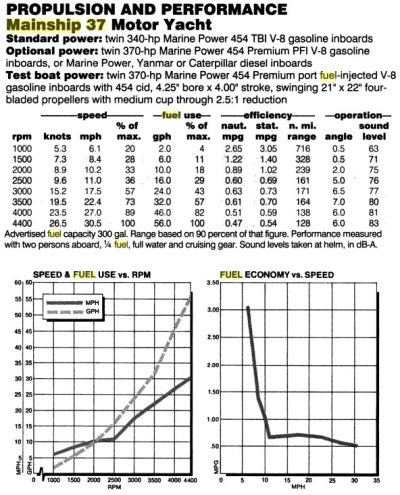First of all, we are no longer energy independant, that changed a couple years ago. Also, new domestic oil production is only profitable above a certain price point, somewhere in the neighborhood of $50/barrel. But it's a global market, so price will be based on global supply and demand. U.S. companies would rather export oil at $100 than sell it domestically at $50. Still the U.S. is in a much better strategic position when we are independent and can supply fuel to our friends rather than buy it from our enemies. I don't know the stats on electric cars, but I suspect they have minimal impact at this point. Maybe in the future as a greater % of vehicles go electric. Just remember that electric cars, though more efficient, still use energy. A lot of the cost of electricity is in transmission and distribution, so supplying electricity to all the vehicles in the country, is not trivial.


